The Ultimate Guide to Choosing Extension-Friendly Hair Products
Do you know what's hiding in your hair products? The ingredients in your shampoo, conditioner, and styling products could be affecting the health and longevity of your hair extensions without you even realising it. In this post, we'll delve into the world of hair care ingredients, focusing on two major culprits: sulfates and alcohols. Understanding what to look for on the ingredient list can make a world of difference in maintaining your extensions.
Sulfates: The Hair Enemy
Before you purchase any hair product, it's crucial to flip it over and check the ingredient list. Look out for words like SLS (Sodium Lauryl Sulfate) or Sodium Laureth Sulfate. These sulfates, along with alcohol denat, Ethanol, SD alcohol 40, Propanol, Isopropyl, and Propyl, can spell disaster for your extensions.
Why are sulfates such a concern? Sulfates strip your hair of its natural oils, leaving it dry and prone to tangling or matting. Prolonged use of sulfate-containing products can compromise the integrity of your extensions. Keep in mind that sulfate-free shampoos may not produce as much lather, but that's actually a good sign. It means they are gentle cleansers that won't strip away the essential oils your hair needs to stay healthy.
Different Alcohols, Different Effects
Not all alcohols are created equal. Some can be harsh on your natural hair and extensions, leading to dryness, frizz, and dullness. Isopropyl alcohol, often found in hair sprays and gels, is a prime example. Constant use of products containing this alcohol can wreak havoc on your extensions.
But fear not, not all alcohols are the enemy. Fatty alcohols like Cetyl, Stearyl, Cetearyl, Myristyl, Behenyl, and Lauryl are actually beneficial. These alcohols support moisture retention and manageability in your hair. They also provide slip, making it easier to detangle your locks. Cetearyl alcohol and Cetyl alcohol are two common fatty alcohols found in hair products, so keep an eye out for them when shopping for extension-friendly products.
Avoiding Sticky Situations
Using sticky hair products like hairspray, hair gel, or hair wax may seem like a good idea for styling, but they can lead to clogged extensions and more frequent washing. Overwashing extensions can make them dry and tangled, so it's best to use such products sparingly.
Remember that products used on your natural hair can transfer to your extensions due to head movement and scalp heat. With your extensions already boasting a beautiful, healthy finish, you likely won't need heavy product usage to enjoy them. If you need more hold when curling your extensions, try pinning up the curls with bobby pins overnight. For those who can't live without hairspray, opt for a lightweight, alcohol-free formula that's easy to brush through and won't clog up your extensions.
In conclusion, being mindful of the ingredients in your hair care products is essential for maintaining the health and longevity of your extensions. Avoid sulfates and harsh alcohols, and use styling products sparingly to keep your extensions looking their best. Your extensions will thank you for it!
What products should I avoid using on hair extensions?


